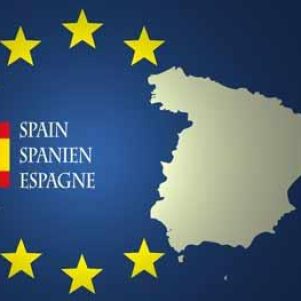On May 4, Law 13/2009 of 3 November on the Reform of Procedural Law came into force. Included amongst the many new provisions of this law are changes to the civil monetary process, which has been considerably expanded in its scope as a result of this reform and it now provides for debt claims of up to €250,000 whereas, until this reform, the amounts claimed had been limited to €30,000.
The monetary process is a very simple procedure, and as noted, since May 4 last, facilitates claims not exceeding €250,000, provided the debt is monetary and is shown in a document. A lawyer or attorney is not required for this process.
What are the Principle Reforms?
The following is a summary of the main changes provided for in the Procedural Law Reform Act:
- It raises the amount of the debt that can be claimed using this procedure to €250,000.
- It grants competence to the Court Clerk to accept the written demands required to initiate the Monetary Process. The Clerk shall then report to the judge if he considers that the demand complies with the requirements for admission to the Monetary Process.
- The reform provides that the parties to a contract can request a specific court, preferably in the jurisdiction of the debtor, to bring the suit.
- No person can use the Edictal Procedure (by citation or summons through the publication of edicts) in the Monetary Process, the only exception being to claim community expenses.
- Where the debtor disputes the debt, the clerk will set a date for holding oral proceedings provided that the claim does not exceed €6,000. If the debt claimed exceeds this amount the case will have to be redirected to the Ordinary Process by making a corresponding demand.
- In cases of debts claimed over €6,000 which are disputed by the debtor, if the applicant does not submit the corresponding demand within one month, the Court Clerk can issue an Archive Decree, which may close the file.
For additional information regarding the civil monitory process in Spain,




